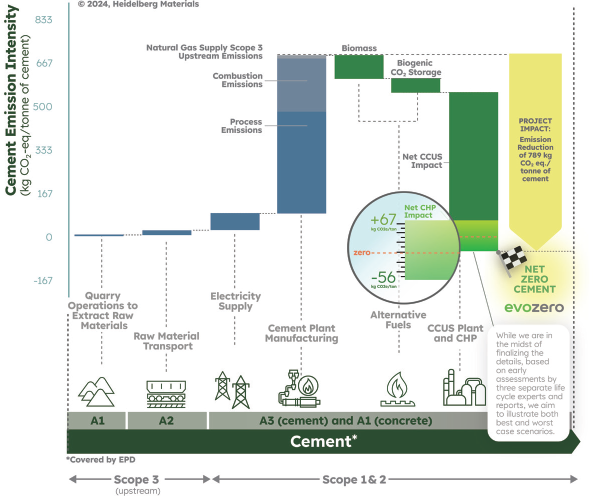January/February 2019
Communities: Industry
Will Blockchain Transform Engineering?
You’ve most likely heard the buzz about blockchain. Although the term may be confusing, it has already revolutionized the way businesses and individuals handle large transactions and commerce, and it has the potential for even more use in different industries.
But what is blockchain, exactly? And what are the implications of blockchain for the practice of engineering?
Steve Derezinski, a corporate blockchain strategist and MIT lecturer, explains that similar to the way that the world wide web is the “internet of information,” blockchain serves as the “internet of value.” In other words, blockchain is a continuously growing list of records and transactions, called blocks, which are linked and secured using cryptography.
What many find attractive about the blockchain is that it is a decentralized system, maintained by multiple participants on the network responsible for securing the data that is constantly being transferred. On the blockchain, digital information can be distributed, but not copied.
Every record that has been written on the blockchain is secured by a unique cryptographic key (which involves complex mathematical equations)—making it virtually unhackable. When a new record is written on the same block, everything from the previous record, including its contents and its key, is put into a formula to generate the key of the second record—creating dependency between the two records.
When a third record is added, the contents and keys of the first two records are put into a formula to establish the third key. This process is repeated until a particular block is full. This dependency “chains” all of these records together. Therefore, anyone can go back and verify that the history is correct by looking back at the previous block.
These are the technical basics, but what could it all mean for engineers? It is still early in the game, and a lot of people are looking for those answers. Here is a brief look at what blockchain could mean for these different areas.
Infrastructure
Many studies and reports have shined a light on corruption in the construction industry. In November, Autodesk CEO Andrew Anagnost told the attendees at Autodesk University in Las Vegas that blockchain, due to its encryption and security features, could improve trust and end corruption in the industry. Because blockchain is distributed and can’t be altered, it comes with a high level of trust. “A technology like that in an environment like construction where various people involved in the process don’t trust each other is going to find some kind of application,” Anagnost said, according to news reports.
Scott Sheppard, a program manager at Autodesk, sees blockchain fitting into the building lifecycle. On his It’s Alive in the Lab blog, Sheppard explains how the technology can mesh with the design, construction, and operation stages. “The typical AEC project involves tens if not hundreds of parties. Unfortunately, the interaction of so many parties can lead to confusion,” he wrote. “Sometimes this confusion is significant enough to lead to litigation. Blockchain is a technology that can help reduce confusion and resulting litigation.”
Manufacturing
In industry, blockchain technology is being touted as a way to improve supply chain management, 3D printing, predictive analysis, and many other areas. Many believe that blockchain, when applied to the supply chain, will improve security, traceability, records management, payment, and other facets of the hugely complex process of moving a product or service from supplier to consumer. There’s also potential for combining blockchain and 3D printing, according to a working paper from the Frankfurt School Blockchain Center, a think tank and research center. Design, smart contracts, pricing, and printer selection will all be carried out on the blockchain, which will, additionally, capture the product’s complete history.
Education
Like others, engineering educators are taking the first steps to figure out this new technology and its possibilities. At UCLA, the department of engineering has introduced a course on blockchain technology. The class, according to the UCLA Bruin, will be open to all engineering students who have taken the two introductory courses on computer science. John Villasenor, a professor in electrical engineering, public policy, and management, will teach the class. “It’s important to keep in mind how hard it is to predict the longer-term applications of a technology,” he said at the Genesis Blockchain Summit in November. “For example, smart contracts will probably end up being used in ways that are hard to envision today.”


 Volunteering at NSPE is a great opportunity to grow your professional network and connect with other leaders in the field.
Volunteering at NSPE is a great opportunity to grow your professional network and connect with other leaders in the field. The National Society of Professional Engineers (NSPE) encourages you to explore the resources to cast your vote on election day:
The National Society of Professional Engineers (NSPE) encourages you to explore the resources to cast your vote on election day:


